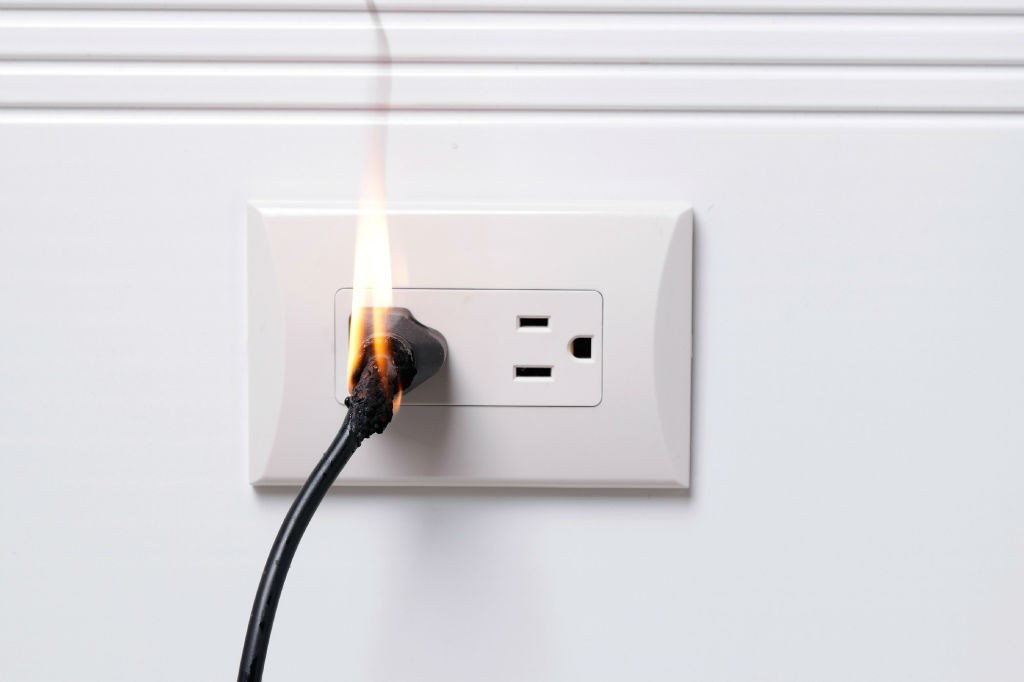As a homeowner, there are few things more frustrating than dealing with electrical problems. Not only can these issues be dangerous, but they can also be expensive to fix. Fortunately,By working with a trusted and experienced residential electrician, you can ensure that your home’s electrical system is safe, efficient, and reliable.
Faulty Wiring
Faulty wiring is one of the most common electrical problems in residential homes. This can be caused by a number of factors, including old or outdated wiring, improper installation, or damage to the wiring itself. Signs of faulty wiring can include flickering lights, outlets that don’t work, and circuits that frequently trip.
To prevent faulty wiring, it is essential to have your home’s electrical system inspected regularly by a professional residential electrician. They can identify any potential hazards and repair or replace faulty wiring as needed. Additionally, be sure to avoid overloading your electrical system with too many devices or appliances.
Circuit Overloading
Another common electrical problem in residential homes is circuit overloading. This occurs when too many electrical devices are connected to a single circuit, causing the circuit to trip or even overheat. Signs of circuit overloading can include dimming lights, buzzing or humming sounds, and electrical outlets that feel warm to the touch.
To prevent circuit overloading, it’s important to spread out your electrical devices across multiple circuits. You may also need to have additional circuits installed by a professional residential electrician to handle your home’s electrical needs.
Flickering Lights
If you’ve ever experienced flickering lights in your home, you know how annoying and distracting it can be. Flickering lights can be caused by a number of factors, including faulty wiring, loose connections, or a problem with the electrical panel.
To determine the cause of your flickering lights, it’s important to have a professional residential electrician perform an inspection. They can help identify the underlying issue and recommend the best course of action.
Electrical Outlets That Don’t Work
Another common electrical problem in residential homes is electrical outlets that don’t work. This can be caused by a variety of issues, including a tripped circuit, faulty wiring, or a problem with the outlet itself.
If you have electrical outlets that don’t work, it’s important to have a professional residential electrician inspect your electrical system. They can help identify the underlying issue and recommend the best course of action.
Tripping Circuit Breakers
Finally, tripping circuit breakers are a common electrical problem in residential homes. This occurs when too much electrical current is flowing through a circuit, causing the circuit breaker to trip and cut off power to the affected area. Signs of tripping circuit breakers can include flickering lights, buzzing or humming sounds, and outlets that don’t work.
To prevent tripping circuit breakers, it’s important to spread out your electrical devices across multiple circuits. You may also need to have additional circuits installed by a professional residential electrician to handle your home’s electrical needs.
Power Outages
Power outages can occur for a variety of reasons, including severe weather, equipment failure, and electrical surges. While some power outages are beyond our control, others can be prevented by taking proactive steps to protect your home’s electrical system.
To prevent power outages, consider installing a backup generator or uninterruptible power supply (UPS) to keep critical systems running during an outage. Additionally, avoid overloading your electrical system with too many devices or appliances, as this can increase the risk of equipment failure and power outages.
In conclusion, being aware of these common electrical problems in residential homes can help you take steps to prevent them and keep your home safe. If you experience any of these issues, it’s important to have a professional residential electrician inspect your electrical system and make any necessary repairs.








